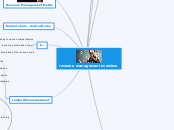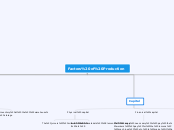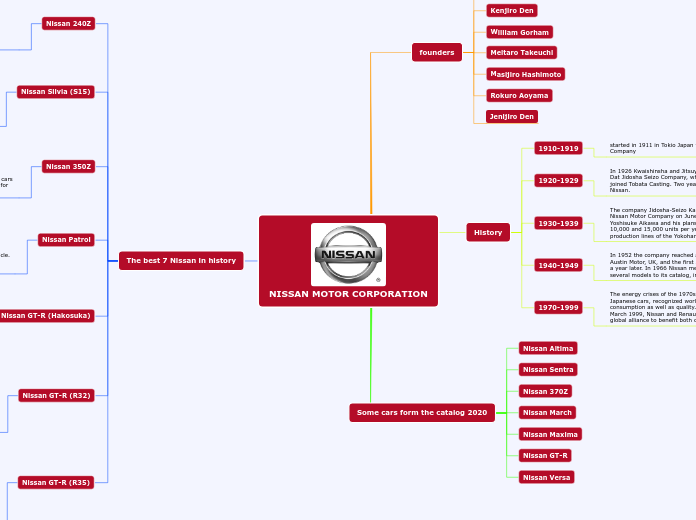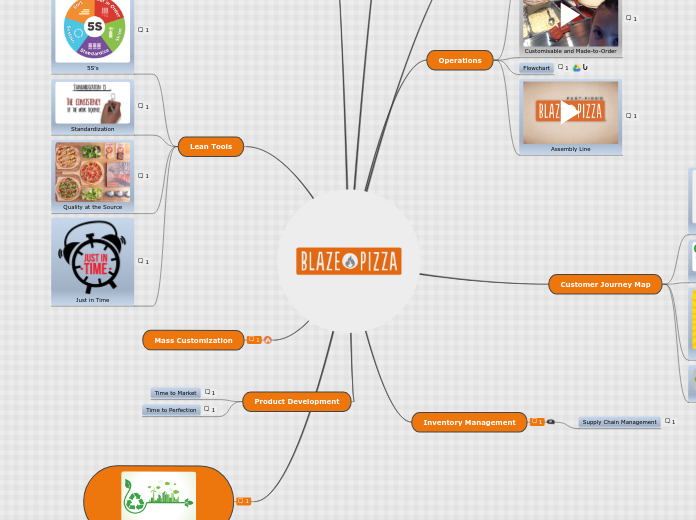revenue management overview
competitive assessment
tools ised to assess competitive positioning
rate/value matrix
competitive shop call
competitive value assessment form
property websites
property visit checklist
assessing rate/value relationship of your property to that of the competing properties
identify the competitors prices position and strategies
perform subjective evaluation of the quality
identify the needs and expectations
determine the properties
is...
working toward completion of the recenue cycle
dynamic combination of ppl
response to various market factors
Market share - desired focus
revPAR index
= Hotel revpar/Market revpar
balance of occupancy and ADR
Revenue Management Myths
bad for the custoer
leisure travelers
reason- airlines lost so much money
concept invented by the airlines
yield management is new
computer system
Revenue Maximization
sales strategy
Seasonality
Manu Quoting
how the product us sold
inventory allocation
Yield Management
how many rooms are available at each point?
what price points
pricing
transient pricing
volume relationships
groups/series/aircrews
customers who
maintain long term relationship with few customers
mix management
changes in mix can have dramatic impact on ADR without changes to price
discounting "need times" through qualified discounts
determine best overall segment mix
reational pricing
make it eays for customers to buy
menu quoting
rational reason for each rate
market postitoned Benchmark rate
custoers response within Quality Tier
upselling based solely on real value added
rates must be positiones to reflect fair value
segmentation of custimers based upon
willingness to pay: partially a function of familiarity with property
behaviour: booking pattern
needs: price flexibility,
non-qualified/qualified rates
anticipated....
payment history and financial status
customer relationship
historical performance
last room availability
seasons
length of stay
pattern
volume
standards
properly position rates by
ensure aligment of rate structures
identifying seasonal trends
brand guidelines
pricing philosophies
key elements
customer relationships
strike a balance
long term
short term
mix of business
need tomes through qualified, targeted discounts
set segment goals
derermine best overall segment mix
rational pricing
seasonal pricing
exist for every price for every product at the property
Market postitioned Menchmark Prices
fundamental
the market
the property
the customer
rate structure
how product is priced
position in the market
4 functions of revenue management
inventory management
function space pricing and inventory controls
rooms pricing and inventory controls
revenue analysis
segmentation and channels
hitel and market performance
forecasting
group strategy
businessevaluation
optimize group demand
segment performance
develop strategy in partnetship with Sales
revenue strategy
owner support
market share
positioning
competitive landscape
ideal industry situatins for Yield Managment
"roll the dice"
deciision
don't sell at discount
empty room
sell at full price
sell at a discount
ability to segment customers
perishable inventory
ability to forecast demand
low variable costs
high fixed costs
overview
often described as
right price
right time
right customer
selling the right product
space inventory for the transient
pricing of rooms
maximize total hotel profit









